A car battery is a vital source of energy that enables both engine startup and system features to operate. Changes in weather temperatures negatively affect your car battery along with its overall potential, leading to operational problems and replacement expenses. High temperatures may lead to decreased battery fluid levels, and cold temperatures make starting the engine difficult. Taking the necessary steps of proactive maintenance, regular checks, and car battery services can help avoid repairs and extend the lifespan of a battery throughout all the seasons.
How Do Extreme Temperatures Affect Car Batteries?
Extreme temperatures negatively impact battery performance. Cold temperatures reduce power output, and heat slows chemical reactions, drawing out internal damage. However, both extremes have a big impact, so let’s break it down further.
Hot Weather and Car Battery Performance
High temperatures will accelerate the chemical reactions inside your car battery, which may seem good on the surface, but in reality, it will lead to quick depletion of battery life. Here are some examples of how heat impacts your battery.
- Excess Evaporation: Extremely hot temperatures increases the rate of evaporation. In the long run causing corrosion and a complete loss of capacity.
- Overcharged: Increased temperatures may cause your engine to malfunction, leading to more serious issues such as overcharging and reduces the life of the battery.
- Weakens Battery Plates: Damaging internal components of a battery is done thorough extending heat, which also reduces the ability for the battery to hold a charge.
Cold Weather and Car Battery Drain
Car batteries use electric energy to start your vehicle, and in different colder climates, this power is drained. Here’s how:
- Reduced Cranking Power: Starting at 32°F (0°C), a car battery will lose approximately 20% of its power, and then further to -22°F (-30°C), it will reach roughly 50%. All of this makes it very difficult to start the engine.
- Thickened Engine Oil: Engine oil will solidify in low temperatures, which then requires the battery to produce more energy to start the car’s engine.
- Increased Power Demand: The use of defrosters, lights, and heaters increases, which therefore requires the battery to work harder.
Common Signs of Weather-Related Battery Issues
If you start noticing these warning signs, your car battery may need troubleshooting due to life consumed from weather.
- Dim Lights and Electrical Issues: Another sign of weather-related impact on the battery is the flickering or dimming of electronics like the dashboard lights and headlights.
- Corrosion on Terminals: Terminals corrode with increased HOT weather. This affects conductivity and makes it that much harder for your battery to function properly.
- Battery Alert: If the check engine light turns on for different reasons, then your battery is losing its power.
How to Protect Your Car Battery from Weather Damage?
Try these few measures to help maintain your battery’s peak performance:
Protecting Your Battery in Hot Weather
- Park in the Shade: Shaded areas or garages reduce the areas of high exposure to extreme heat.
- Keep the Battery Clean: The terminals should be cleaned regularly as dirt and corrosion can trap heat.
- Check Fluid Levels: Ensuring proper electrolyte level is maintained should be done if your battery permits it.
- Avoid Short Trips: Frequent Short trips will not let the battery to fully charge. This eventually leads to premature battery wear.
Protecting Your Battery in Cold Weather
- Use a Battery Warmer: Battery blankets or warmers are good for helping maintain optimal temperature for the battery during freezing conditions.
- Turn Off Unnecessary Accessories: Head lights, heaters, and the radio should all be turned off while starting the battery to ease the load on the battery.
- Keep Your Battery Charged: Use a trickle charger if the car isn’t frequently used to help keep the battery charged.
- Check Battery Health: Professional check-ups during winter should be mandatory to ensure the battery is in working form.
When should you get your car battery replaced?
Every battery has a lifespan; it is wise to replace it before it expires to remain functional for a long time. You should consider replacing your battery if:
- The battery is older than 3-5 years.
- You are having frequent trouble starting it.
- The battery case seems to be damaged or swollen.
- You notice an eggy smell that indicates a leak.
- You often need to jump-start or test your battery.
Following regular inspections from a professional can help you determine whether your battery is operating efficiently or requires replacement.
Conclusion & Final Tips
When considering car battery services or replacement, keep in mind that weather conditions have a significant impact on the life and performance of your vehicle. From extreme hot to cold, it coupled with proper precautions can help prolong battery life. Watch out for early signs, maintain a regular schedule, and invest when required to ensure everything works smoothly. With proper and proactive measures, your vehicle stays in good condition regardless of the weather.
FAQs
How does hot weather affect my car battery?
Excess heat can do things such as speed up fluid evaporation, weaken the battery plates, and may even cause overcharging. This all leads to irreparable battery damage alongside corrosion and performance issues. The battery damage can be reduced by parking in the shade and keeping the battery clean, this improves performance and prolongs the life of the battery.
Why does my car battery die faster in cold weather?
Cold environments slow down temperature-based chemical reactions, causeing thickening of oil. This reduces the battery’s power and makes it increasingly difficult to kickstart the engine and makes the battery to work harder. Fully charging the battery, using a battery warmer, and regular inspections can help prevent premature failure.
What are the signs that my battery is struggling due to weather changes?
The signs include slow engine cranking, dim lights, frequent jump-starts, corrosion buildup, and the check engine light turning on. Seek car battery services to avoid these symptoms before your unexpected breakdown.
How can I keep my car battery safe from extreme heat?
Parking your car under shaded areas, cleaning terminals, checking electrolytes, and frequent maintenance and inspection through car battery services can keep the car battery safe from extreme heat.

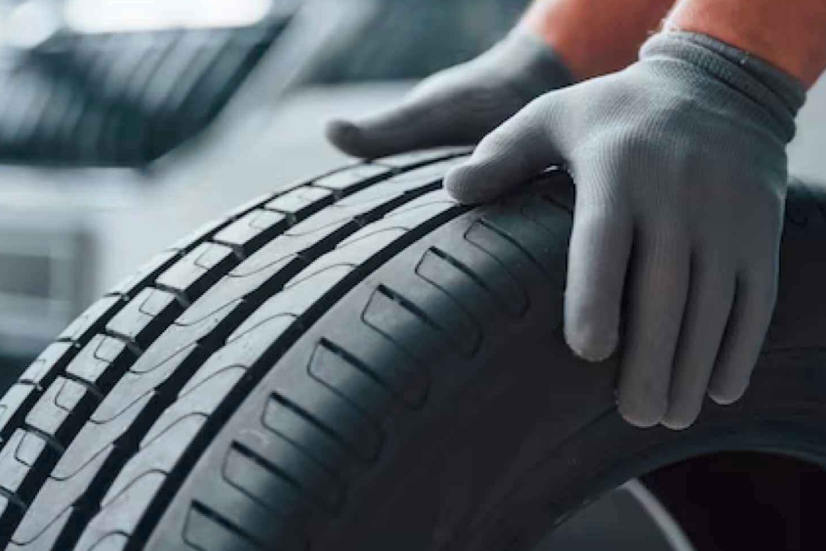 10 Proven Tips to Make Your Car Tyres Last Longer
10 Proven Tips to Make Your Car Tyres Last Longer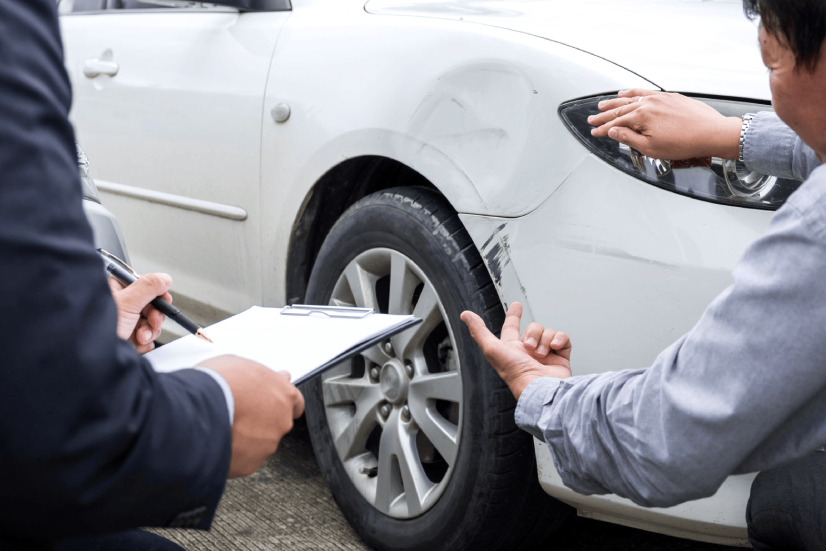 The Advantages of Choosing Paintless Dent Repair
The Advantages of Choosing Paintless Dent Repair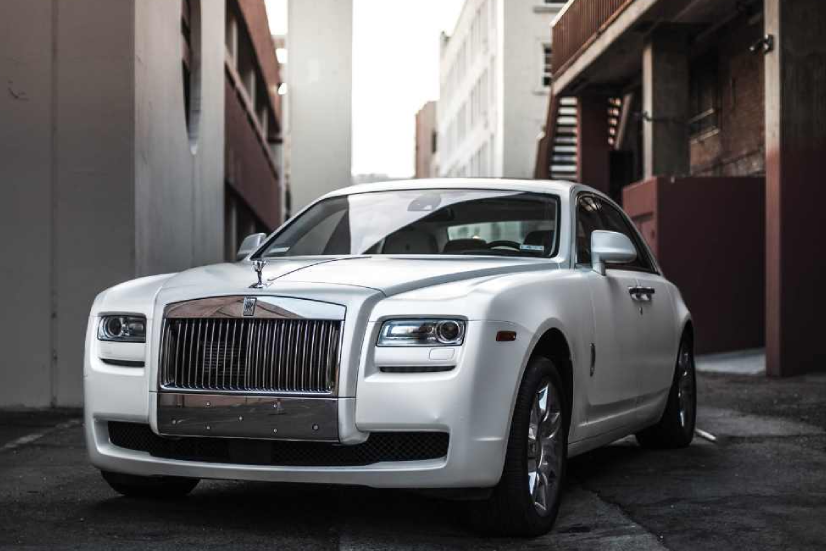 Rolls-Royce – Most Common Faults and How to Keep Yours in Perfect Condition
Rolls-Royce – Most Common Faults and How to Keep Yours in Perfect Condition Bentley – Most Common Faults and How to Prevent Them
Bentley – Most Common Faults and How to Prevent Them 5 Proven Ways to Remove Tree Sap From Your Car Without Damaging the Paint
5 Proven Ways to Remove Tree Sap From Your Car Without Damaging the Paint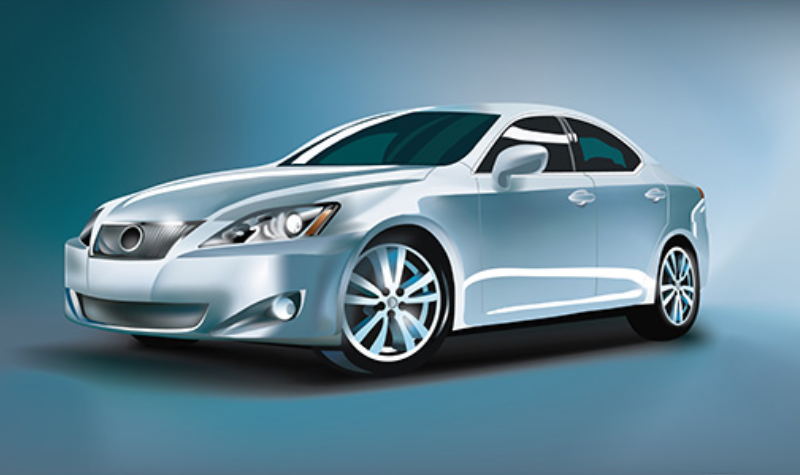 Discover the Most Typical Issues with Lexus Cars
Discover the Most Typical Issues with Lexus Cars What are the Common BMW Issues and How to Fix Them?
What are the Common BMW Issues and How to Fix Them?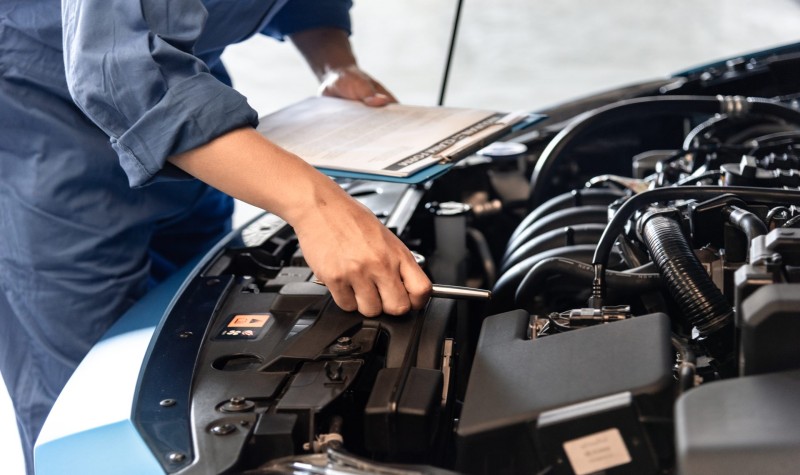 Engine Seized or Locked Up? Here’s What You’re Really Dealing With
Engine Seized or Locked Up? Here’s What You’re Really Dealing With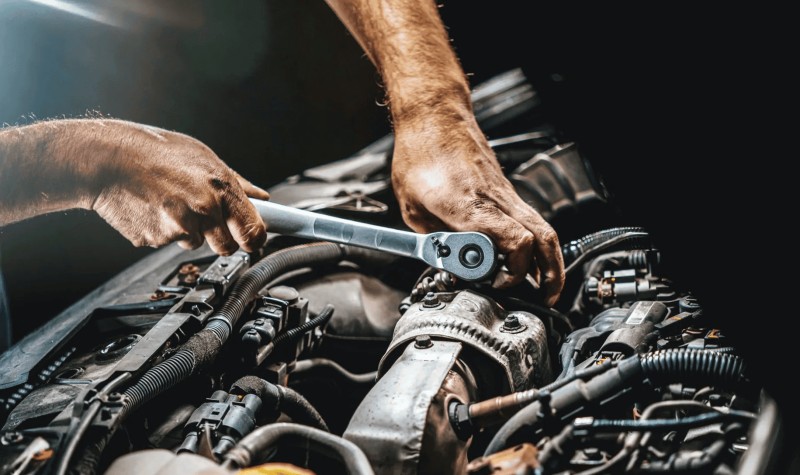 Is It Safe to Drive with Reduced Engine Power?
Is It Safe to Drive with Reduced Engine Power? What Type of Car Paint Protection Is Best in Abu Dhabi? | Ultimate Guide
What Type of Car Paint Protection Is Best in Abu Dhabi? | Ultimate Guide How Does Ceramic Coating Protect Your Car’s Paint?
How Does Ceramic Coating Protect Your Car’s Paint? 5 Most Common Oil Mistakes That Might Ruin Your Car
5 Most Common Oil Mistakes That Might Ruin Your Car When Should You Replace Your Tires? Warning Signs You Shouldn’t Ignore
When Should You Replace Your Tires? Warning Signs You Shouldn’t Ignore Common Range Rover Problems and How to Fix Them
Common Range Rover Problems and How to Fix Them How Weather Conditions Affect Your Car Battery and How to Protect It?
How Weather Conditions Affect Your Car Battery and How to Protect It?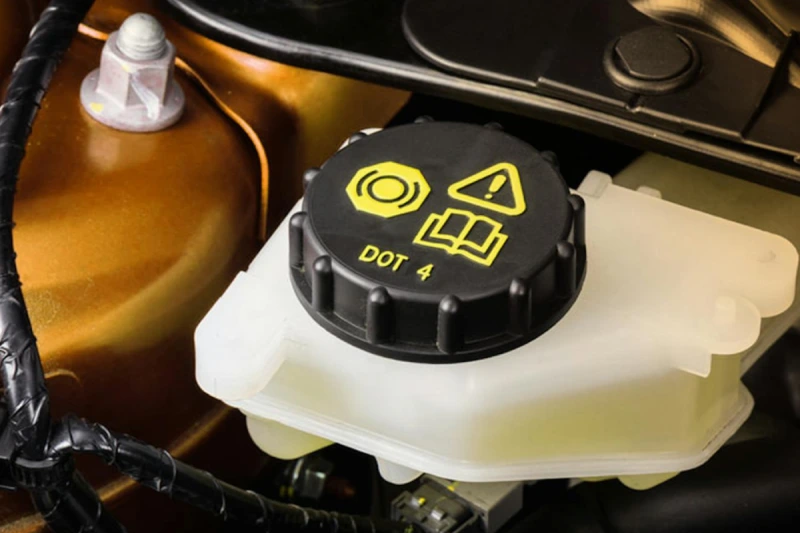 Why Brake Fluid is Essential for Your Car’s Safety in Ras Al Khaimah
Why Brake Fluid is Essential for Your Car’s Safety in Ras Al Khaimah Mercedes-Benz Engine Repair: Common Issues and How to Fix Them
Mercedes-Benz Engine Repair: Common Issues and How to Fix Them Top Signs Your Car AC Needs Immediate Repair in Abu Dhabi
Top Signs Your Car AC Needs Immediate Repair in Abu Dhabi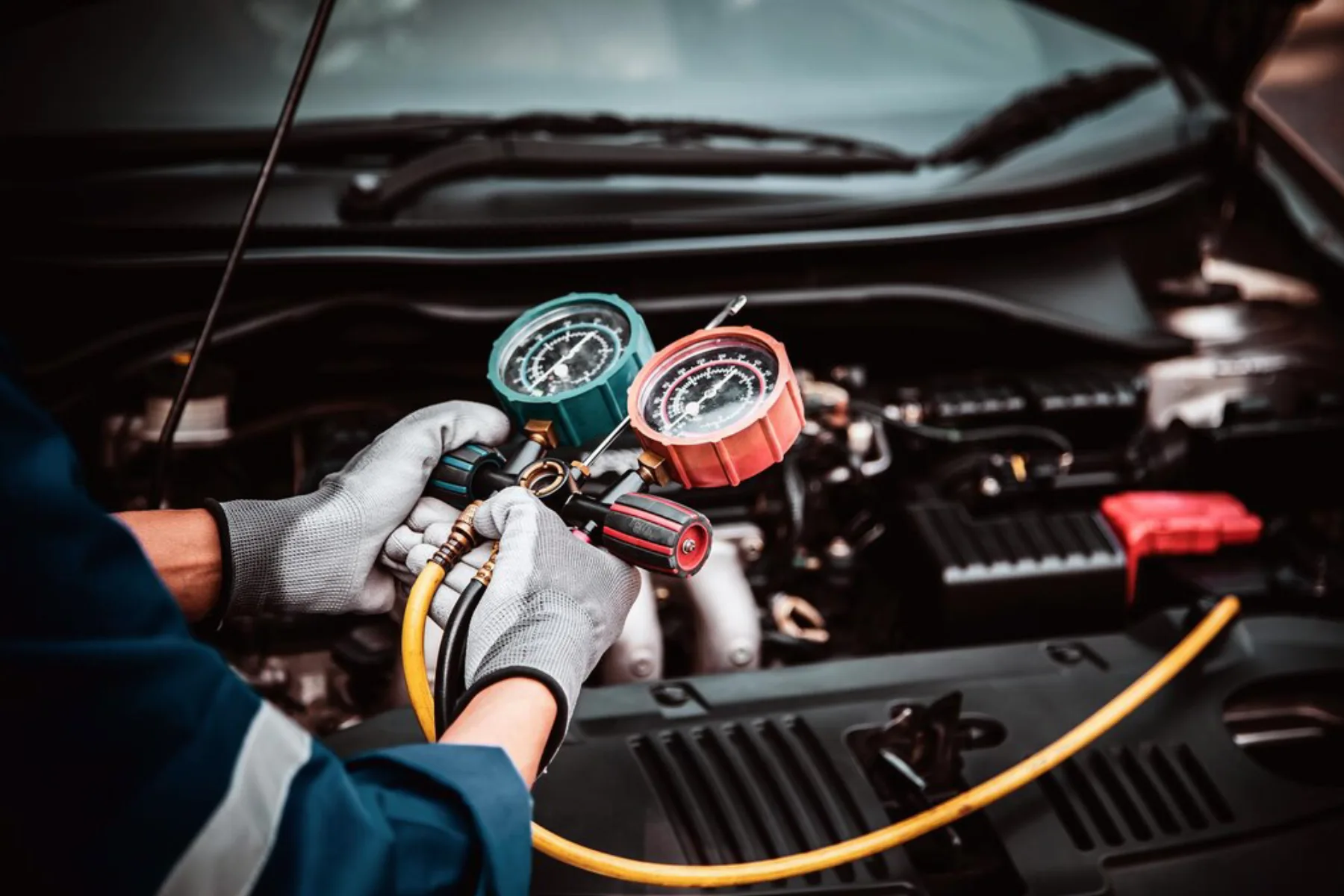 The Ultimate Guide to Car AC Repair: Everything You Need to Know
The Ultimate Guide to Car AC Repair: Everything You Need to Know How to Find a Reliable Car Garage Near Me in Abu Dhabi
How to Find a Reliable Car Garage Near Me in Abu Dhabi Why Car Detailing is Essential in Ras Al Khaimah
Why Car Detailing is Essential in Ras Al Khaimah Windscreen Repair vs. Windscreen Replacement: Which One Do You Need?
Windscreen Repair vs. Windscreen Replacement: Which One Do You Need? Top Signs Your Car Battery Needs to Be Replaced
Top Signs Your Car Battery Needs to Be Replaced The Importance of Regular Tire Maintenance: Tips and Tricks
The Importance of Regular Tire Maintenance: Tips and Tricks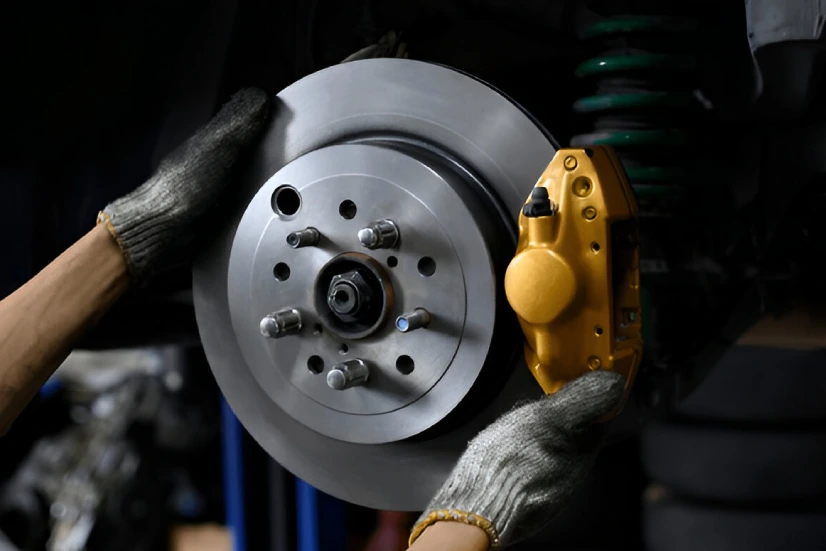 Understanding Brake Issues: When to Repair or Replace Your Brakes
Understanding Brake Issues: When to Repair or Replace Your Brakes What Can One Expect During a Full Vehicle Inspection?
What Can One Expect During a Full Vehicle Inspection? Top-Rated Car Garages in Ras Al Khaimah: A Comparative Guide
Top-Rated Car Garages in Ras Al Khaimah: A Comparative Guide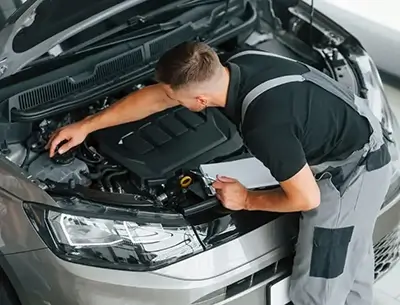 5 Common Engine Problems and How to Fix Them: A Guide for Car Owners
5 Common Engine Problems and How to Fix Them: A Guide for Car Owners Signs You Need to Take Your Car to the Mechanic
Signs You Need to Take Your Car to the Mechanic Exploring Unusual Smells in Cars: A Guide to Identifying and Resolving Odors
Exploring Unusual Smells in Cars: A Guide to Identifying and Resolving Odors Bespoke Care for Your Range Rover: Understanding the Importance of Regular Service
Bespoke Care for Your Range Rover: Understanding the Importance of Regular Service Quick Tips for Finding the Best Car Mechanic Near You
Quick Tips for Finding the Best Car Mechanic Near You Choosing the right car repair workshop: Factors to consider
Choosing the right car repair workshop: Factors to consider Expert Car Mechanics Near Me: How to Identify Skill and Experience
Expert Car Mechanics Near Me: How to Identify Skill and Experience The Benefits of Regular Car Servicing for Optimal Performance and Safety
The Benefits of Regular Car Servicing for Optimal Performance and Safety Trusted Car Garages Near Me: How to Avoid Shoddy Repairs
Trusted Car Garages Near Me: How to Avoid Shoddy Repairs Preventing Costly Repairs with Routine Car Maintenance and Inspections
Preventing Costly Repairs with Routine Car Maintenance and Inspections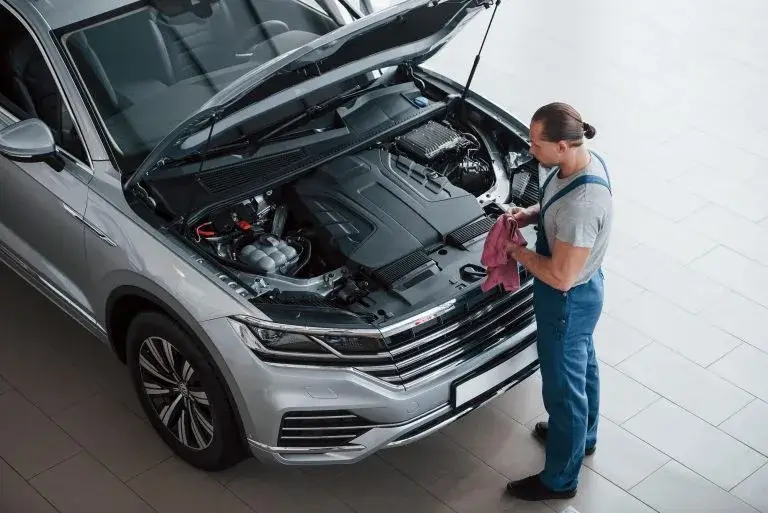 Navigating the Car Repair Industry: How to Find Honest and Affordable Services
Navigating the Car Repair Industry: How to Find Honest and Affordable Services Understanding the Basics of Car Maintenance and Repair for Vehicle Owners
Understanding the Basics of Car Maintenance and Repair for Vehicle Owners Why regular car servicing is crucial for long term vehicle health?
Why regular car servicing is crucial for long term vehicle health?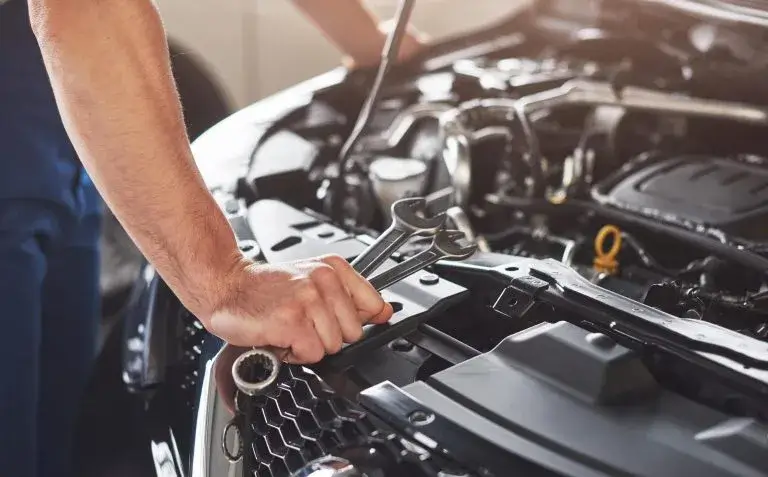 Maximizing the Lifespan of Your Vehicle with Routine Car Maintenance
Maximizing the Lifespan of Your Vehicle with Routine Car Maintenance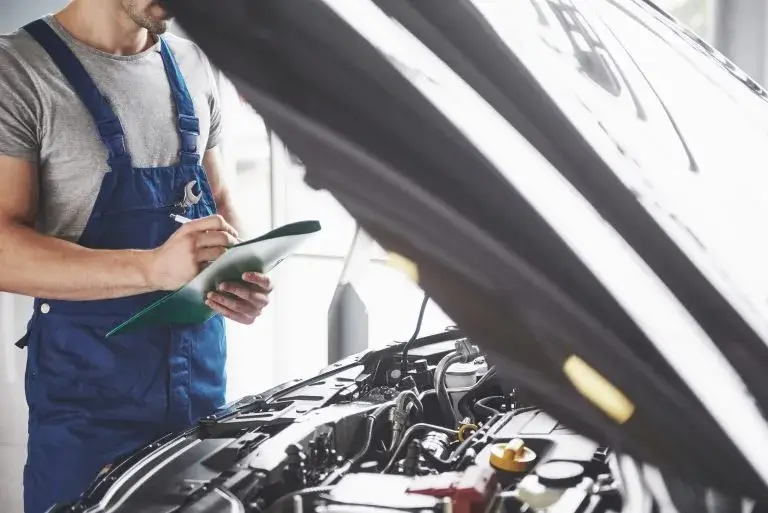 The importance of Pre-purchase car inspections: Don’t buy a lemon
The importance of Pre-purchase car inspections: Don’t buy a lemon